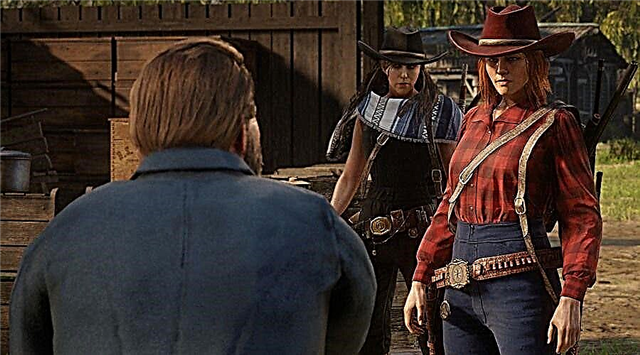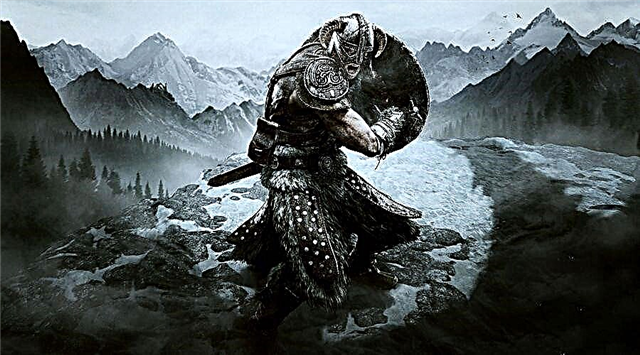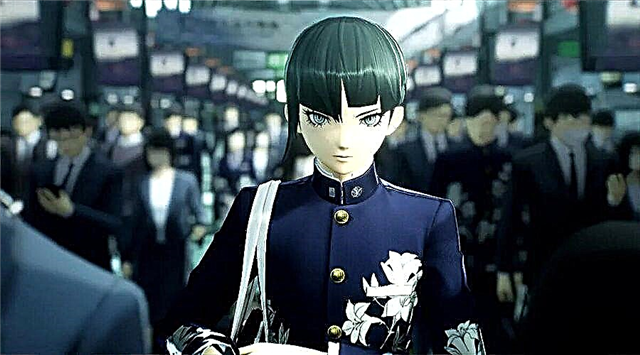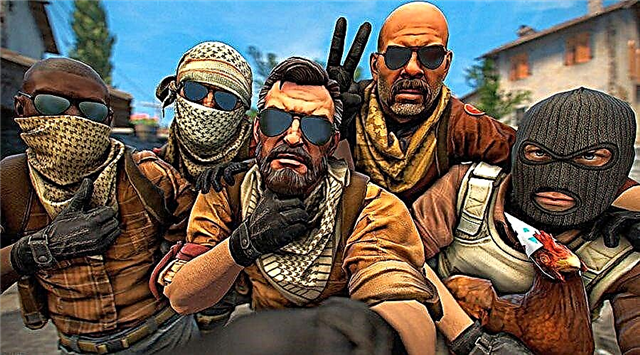VR is not the future of gaming - but it is definitely the future. Don't get me wrong, I was already skeptical about virtual reality. Once you start developing a well-designed virtual game, you will understand the true potential that a format could have for the future of games. It is immersion and fun at a level unmatched by anything else. Basically, this is the best thing we can hope for, other than the population of these amazing worlds that video game creators create for us.
But, and here's the problem - virtual reality has not yet been filmed. There are many reasons why this is not the case, but the most obvious one is that people had no reason to spend money on a virtual reality kit. These things cost hundreds of dollars, on top of the expensive console, PC, or phone you already need to have them, so you must have a good reason to spend your money on them.
So far, this reason ... does not exist? Don't get me wrong, Resident Evil 7 and Skyrim are great in VR, and Superhot is transcendental. But each of these games can be played without virtual reality. Sure, VR is likely to maximize immersion - but is that additional immersion worth hundreds of dollars? Probably no. And yes, there is Astro Bot, and it's a VR exclusive that really shows you what you can do with VR design, and it's an amazing, widely known game. Unfortunately, Sony's critical mistake with Astro Bot is that it is a brand new IP.

When you are promoting a completely new kind of technology that is expensive to buy, you need to incentivize people to spend money on it, and people probably do this when they are at least a little familiar with what they are getting. v. It was Super Mario 64 that sold the potential of analog stick, it was Final Fantasy VII that sold the potential of CDs, it was Halo 2 that sold the potential of online console games. In all of these cases, it was a new take on an existing, beloved property that finally made people jump. VR hasn't had that yet - there hasn't been a great new game in an existing franchise that's VR-only. You can play some of your favorite games ALSO in VR, and you can play great games ONLY in VR, but you can't take a fresh look at your favorite game in VR only.
This is why I think the announcement for Half-Life: Alyx will be our first look at VR's true market potential. Here we are - a completely new look at the existing IP (one of the most beloved at the time, and one person had been waiting for a new game for over ten years), which came exclusively in VR. If it doesn't drive VR adoption, what will happen?
Early signs that this will indeed lead to VR adoption. Valve's Index sales soared earlier this week and the headset was sold out and ordered back. And the best part is that Index is not needed to play Half-Life: Alyx - almost any VR headset will do, most of which are much cheaper than Index. It should be assumed that sales of other headsets have also skyrocketed, if not more.
The question now is whether this surge will continue. Obviously, this depends on many things - falling prices for VR kits will make them more attractive to the mainstream market, for example, and subsequent VR exclusives should undoubtedly see some support for interest in the format. Is that all? Is this VR breakout moment? When will it finally become known as the future of gaming?

My answer is: no, it is not. Because there will never be a moment like this. VR is not the future of gaming. This is the future, of course. I think he's here to stay and will continue to grow and offer many amazing games and experiences in the future. Some of the most immersive entertainment experiences will ever be offered by VR only in the future. But anyone who thinks VR will someday replace traditional gaming, or even become mainstream to some extent, is fooling himself.
The truth is it will never happen. There are many reasons for this - the cost (which will come down) and the content (which we are seeing offered now) can be fixed, but the other issues are too limited. Families can buy a console and they all sit together in the living room and enjoy a game or two there. Very few people want to buy a VR headset that completely isolates them from the world. Yes, I know that virtual reality allows for some kind of social experience that other technologies do not allow, but you will not overcome the initial barrier forcing people to wear headsets and move silly-looking controllers. Remember how Google Glass, despite its undeniable "future is here" appeal, failed to catch on? And it was a pair of (really bulky) glasses. Do you really think a headset will be better?
Speaking of Google, let's talk about it. Five years later, and faced with some of the world's largest tech companies, including Facebook, Google, Samsung, HTC, Valve, and Sony, VR has failed to gain traction. The $ 200 PSVR packs with 5-6 games included don't even move the needle. A fundamental fact that VR enthusiasts cannot explain is that VR is too intimidating for the mainstream. Your standard family will happily buy a game console and even possibly play games together, but no one wants to buy a large headset that isolates them from the world. VR is the culmination of "quirks," so to speak, that have failed to catch on in the past ten years. Motion Control (Wii)? Full Body Tracking (Kinect)? 3D (PS3, 3DS)? Yes, I know that in practice virtual reality is not like them and goes far beyond what they were proposing. But then again, the fundamental barrier is to convince the mainstream that this is true, and the only way to do that is to get them to try, and there we run into a barrier forcing them to put this headset back on.

So what's here to go? You're probably getting mixed signals based on what I said, but my end message is remarkably consistent - Half-Life: Alyx will be the first (of many) VR moment and spark interest in the format. VR is likely to take off after the release of Alyx the way it has been so far. It will be much more successful and widespread. Nonetheless, those who expect it to replace consoles and / or someday go mainstream in any significant capacity are expecting a rude awakening. BP is too exclusive to ever take root in the masses. It will always exist, be successful, and offer unique and great experiences that you won't find anywhere else, but never be omnipresent.











